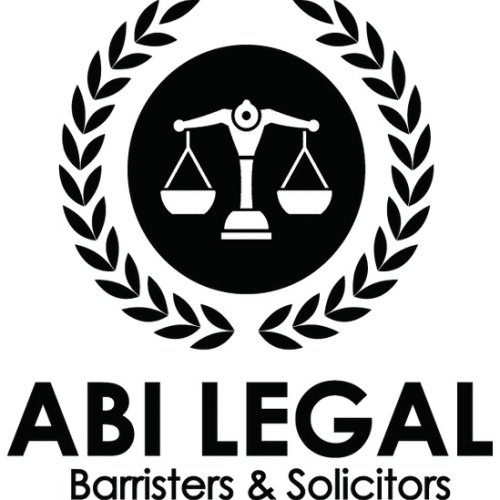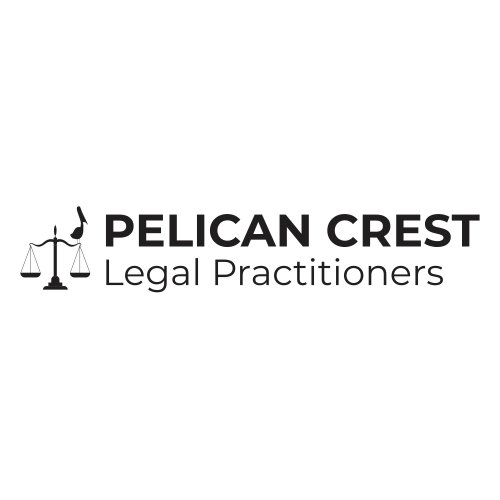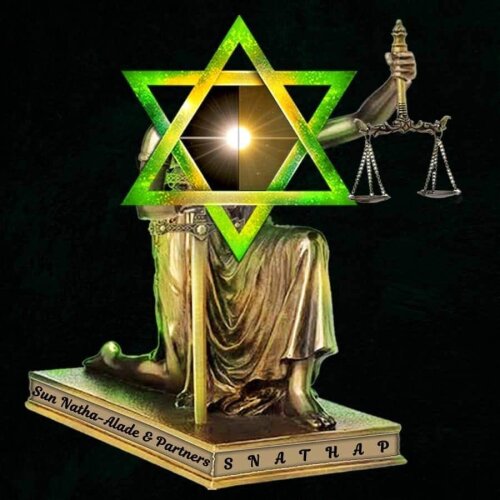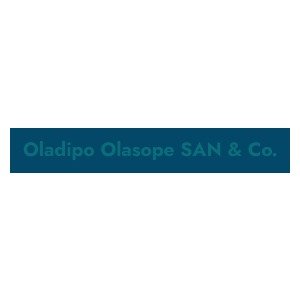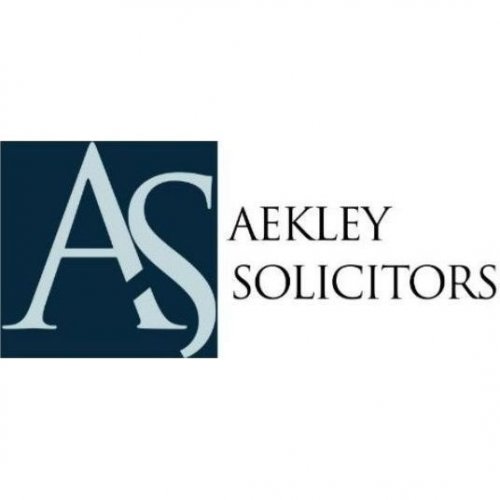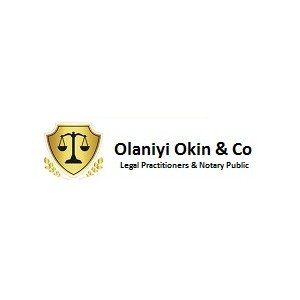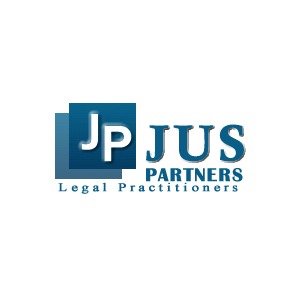Best Intellectual Property Lawyers in Ibadan
Share your needs with us, get contacted by law firms.
Free. Takes 2 min.
List of the best lawyers in Ibadan, Nigeria
Nigeria Intellectual Property Legal Questions answered by Lawyers
Browse our 4 legal questions about Intellectual Property in Nigeria and read the lawyer answers, or ask your own questions for free.
- When is best for an author of a literary work to register copy right, and engage a copy right lawyer, will it be before sending their manuscript to a publisher or After sending in Thier manuscript to a publisher?
- Should the author of a literary work register copy right and engage the service of a copy right lawyer before sending in their manuscript to a publisher or After sending in their manuscript to a publisher
-
Lawyer answer by Highlaw Chambers
It is generally recommended for authors to register copyright sending their manuscript to a publisher to establish ownership and protect their rights.
Read full answer - Copyright
- What is the best manner to protect my income and copyright when an institution uses my book to prepare a course of study and issues certificates ti students?
-
Lawyer answer by CO-dunni Law Solicitors
Register it with the copyright commission. Then you can sue for share of profits where it is used without your permission to gain income. Also to prevent them from further use of it without your permission. But be sure to...
Read full answer - in entertainment law, what is the most important step for me to do before i record a song with a producer?
- I have paid upfront with a music producer who mixed and mastered the song (music and beats which I created) that I recorded with. What steps do I need to take to ensure this song, including the music and beats, is completely mine and he will not be able to... Read more →
-
Lawyer answer by CO-dunni Law Solicitors
Enter a contract with the music producer to secure your rights to the songs. You may contact us directly for further enquires. Good morning.
Read full answer
About Intellectual Property Law in Ibadan, Nigeria
Intellectual Property (IP) in Ibadan, Nigeria refers to the legal protection of intangible creations, such as inventions, literary and artistic works, designs, symbols, and names used in commerce. IP law aims to reward creators by granting them exclusive rights to their creations, thereby encouraging innovation and creativity. In Ibadan, Nigeria, IP is governed by various national and international laws and treaties.
Why You May Need a Lawyer
There are several situations in which you may need a lawyer specializing in Intellectual Property in Ibadan. Some common scenarios include:
- Registering and protecting your intellectual property rights
- Defending against infringement claims
- Drafting and negotiating licenses or assignments of IP rights
- Enforcing your IP rights against infringers
- Resolving disputes related to patents, copyrights, trademarks, or trade secrets
Local Laws Overview
In Ibadan, Nigeria, the key aspects of local laws relevant to Intellectual Property include:
- The Nigerian Copyright Act: Protects original literary, artistic, musical, and dramatic works, as well as related rights such as performers' rights and sound recordings.
- The Nigerian Patents and Designs Act: Provides protection for inventions, innovative ideas, and industrial designs, including processes, products, and new technologies.
- The Nigerian Trademarks Act: Regulates the registration and protection of trademarks, which include logos, brand names, slogans, and other distinctive signs that identify goods and services.
- The Nigerian Trade Secrets Act: Safeguards confidential information critical to the success of a business, such as formulas, manufacturing processes, client lists, and marketing strategies.
Frequently Asked Questions
1. Can I protect my intellectual property without registration?
Yes, intellectual property can be protected even without registration. Some rights, such as copyright, automatically exist upon creation. However, registration enhances protection and provides stronger legal recourse in case of infringement.
2. How long does the protection of intellectual property last?
The duration of protection varies depending on the type of intellectual property. Copyright protection generally lasts for the author's lifetime plus 70 years, while patents are typically protected for 20 years from the filing date.
3. What is the difference between copyright and trademark?
Copyright protects original works of authorship, such as books, music, and software, while trademarks safeguard branding elements like logos, slogans, and brand names that distinguish goods or services in the marketplace.
4. How can I enforce my intellectual property rights?
To enforce your IP rights, you may need to take legal action against infringers. This typically involves sending cease and desist letters, filing lawsuits, or seeking alternative dispute resolution methods such as mediation or arbitration.
5. Can I license my intellectual property?
Yes, you can grant licenses to others to use your intellectual property while retaining ownership. Licensing agreements allow you to specify the terms and conditions of use, including the duration, territory, royalties, and any limitations or restrictions.
Additional Resources
For further information and assistance regarding Intellectual Property in Ibadan, Nigeria, you may find the following resources helpful:
- Intellectual Property Law Association of Nigeria (IPLAN): An organization providing support, education, and networking opportunities for IP professionals in Nigeria.
- Nigerian Copyright Commission (NCC): A governmental body responsible for the enforcement of copyright and related rights in Nigeria.
- Nigerian Intellectual Property Office (NIPO): The government agency responsible for the registration and administration of trademarks, patents, and designs in Nigeria.
Next Steps
If you require legal assistance or advice regarding Intellectual Property in Ibadan, Nigeria, it is recommended to consult with an experienced IP lawyer. They can assess your specific situation, guide you through relevant laws and procedures, and help protect your intellectual property rights.
Lawzana helps you find the best lawyers and law firms in Ibadan through a curated and pre-screened list of qualified legal professionals. Our platform offers rankings and detailed profiles of attorneys and law firms, allowing you to compare based on practice areas, including Intellectual Property, experience, and client feedback.
Each profile includes a description of the firm's areas of practice, client reviews, team members and partners, year of establishment, spoken languages, office locations, contact information, social media presence, and any published articles or resources. Most firms on our platform speak English and are experienced in both local and international legal matters.
Get a quote from top-rated law firms in Ibadan, Nigeria — quickly, securely, and without unnecessary hassle.
Disclaimer:
The information provided on this page is for general informational purposes only and does not constitute legal advice. While we strive to ensure the accuracy and relevance of the content, legal information may change over time, and interpretations of the law can vary. You should always consult with a qualified legal professional for advice specific to your situation.
We disclaim all liability for actions taken or not taken based on the content of this page. If you believe any information is incorrect or outdated, please contact us, and we will review and update it where appropriate.
Browse intellectual property law firms by service in Ibadan, Nigeria
Ibadan, Nigeria Attorneys in related practice areas.




